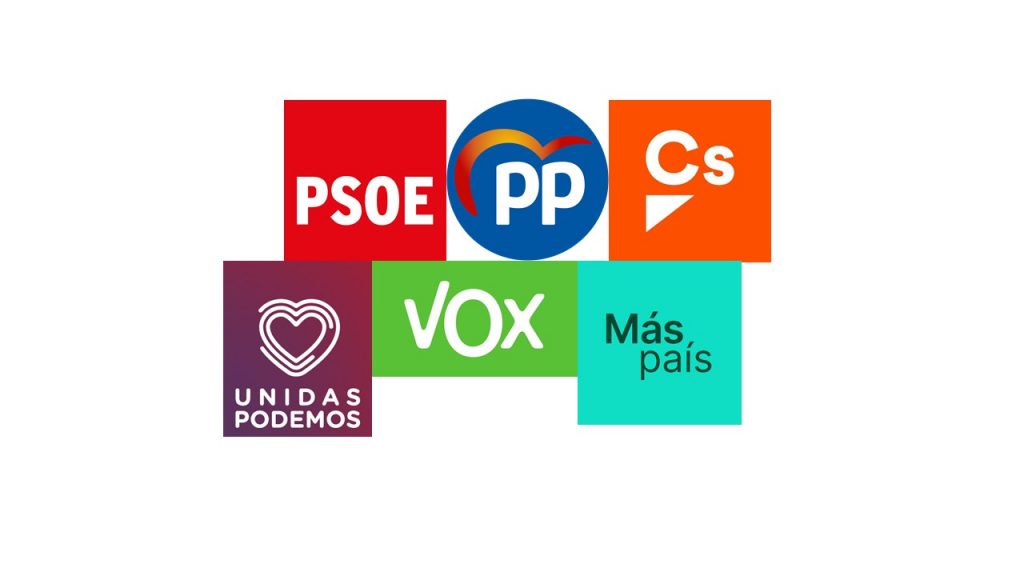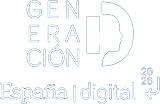08/11/2019
The main political parties are hardly outlining a clear state strategy in digital material in the run-up to this Sunday’s elections.
The Spanish Association for digitalization, DigitalES, has analyzed the different electoral programs (PP, PSEO, Cs, VOX, UP and Más País) for this Sunday’s elections, extracting the measures that affect the digital transformation of the economy and society.
In April, DigitalES presented a proposal of 34 measures, many of which have been included in the different electoral programs.
Taxation
Tax incentives for entrepreneurship and R&D&I are shared by the vast majority of the parties in their programs. UNO Podemos focuses its taxation policies on the fight against fraud without making any reference to incentives in this area.
The PSOE, UP and Más País parties are in favor of a tax on large technology companies, although with different nuances. For example, the electoral program of the PSOE and Más País proposes the creation of this tax in accordance with the measures already adopted or in progress by the OECD. UP proposes to set a tax for digital economy operations that are not taxed, but without mentioning the OECD framework.
From DigitalES we have demanded that the so-called digital tax should be in line with the principles of establishing a harmonized tax framework in Europe in a scenario of
level playing field
where companies are taxed where they generate income, guaranteeing the same rules for the same services. However, this tax cannot result in double taxation for those companies that are already paying taxes in the countries where they operate.

2. Education and Vocational Training
The promotion of STEM subjects, especially in girls, and the transformation of education is one of the issues on which DigitalES demands a clear state strategy. In the electoral programs for this Sunday’s elections, only the PSOE includes measures in this regard, proposing the development of a Strategy for the Digitalization of Education and Vocational Training and the promotion of STEM vocations and technological skills.
As for vocational training, most of the parties are addressing the adaptation of its catalog to the needs of a labor market in full technological transition.
The PSOE and the Popular Party have taken up the requests we have made from the sector for a regulation of dual vocational training that responds to the current qualification needs of young people and professionals. In addition, the PSOE’s electoral program goes further in this area and proposes to multiply the offer of specialization courses, following the training catalog proposed by DigitalES, and on whose development it is working together with the Ministries of Labor and Education.
Ciudadanos proposes to design a National Strategy for Vocational Training (FP), doubling the number of places in Dual FP, especially in scientific and technological degrees with a high labor market insertion.
Newer parties such as Más País also refer to the promotion of vocational training, in this case, relating it to the ecological transition they advocate.
3. R&D&I
As was the case last April, the promotion of R&D&I in Spain is a priority in all the electoral programs analyzed. One of the measures on which the different political groups agree is the increase in public investment in R&D&I to 2% of GDP, or, for example, the strengthening of the State Research Agency.
However, each of the parties approaches R&D&I development from different perspectives. For example, Unidos Podemos approaches it from a public perspective, proposing the creation of a public bank to help SMEs invest. VOX proposes the promotion of R&D&I in the defense industry, and Más País refers to R&D&I in circular economy and in the application to traditional natural resource management techniques.
On the other hand, parties such as the PSOE, PP and Ciudadanos agree on improving tax incentives to make Spain an attractive country in which to invest.

4. Cybersecurity
Cybersecurity continues to be one of the issues so far removed from election proposals. In these elections, PSOE, Ciudadanos and Unidas Podemos are placing greater emphasis on different perspectives.
The Socialist Party proposes the elaboration of a Cybersecurity Plan, a National Forum, and the reinforcement of specific programs for the protection of minors on the Internet. Ciudadanos includes among its electoral proposals the promotion of a State Pact for Industry that focuses on the promotion of new high-tech intensive sectors such as cybersecurity. Unidas Podemos focuses on the opportunity to establish cybersecurity measures as a solution to the spread of fake news.
5. Public Administration
Digital Public Administration is a pending issue that coincides as a priority in all the electoral programs analyzed, except for VOX. Among the proposals sent by DigitalES last April to the different political parties, it was proposed to achieve a 100% digital Public Administration and the creation of a 4.0 Platform in which companies, administration and citizens could interact. All parties have taken up this first proposal and the second is included in the programs of the Socialist Party and the Popular Party.
6. 5G deployment
In the previous elections, only the two traditional parties, PSOE and PP, mentioned the deployment of 5G networks in their electoral programs. However, in this call, only the Socialist Party includes the deployment of next generation connectivity networks as a proposal.










